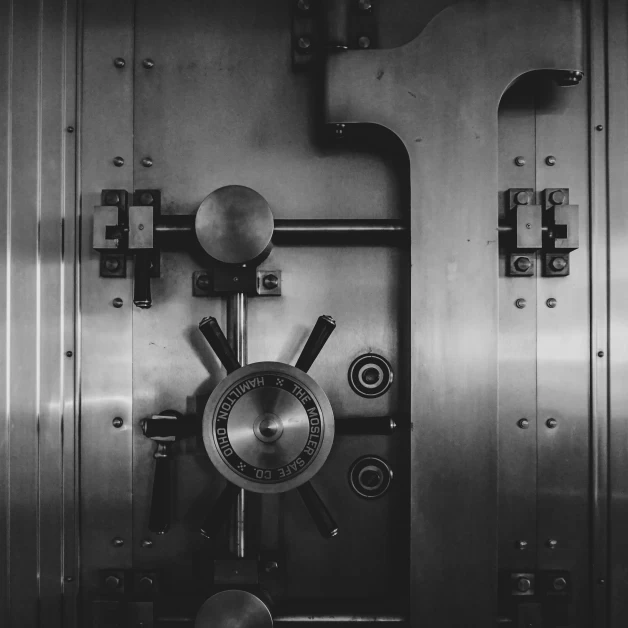Table of Contents
In today’s digital age, ensuring your online security is of utmost importance. With cyber threats becoming increasingly sophisticated, it’s essential to stay updated on the latest security tips and best practices. In this article, we will explore the best internet security tips to help you protect your digital presence. Whether you’re an individual user or a business owner, these tips will help you stay safe online.
Importance of Internet Security
Internet security is crucial because it protects your personal and sensitive information from falling into the wrong hands. With the rise of cybercrime, it’s important to take proactive steps to safeguard your data and privacy. Implementing effective internet security measures can help prevent identity theft, financial fraud, and other cybercrimes.
Best Internet Security Tips to Follow
-
Keep Your Software Updated: Regularly updating your operating system, antivirus software, and other applications is crucial. Software updates often include security patches that fix vulnerabilities and protect against the latest threats.
-
Use Strong and Unique Passwords: Create strong passwords that are a combination of letters, numbers, and special characters. Avoid using common passwords or easily guessable information such as your name or birthdate. Additionally, use different passwords for each online account to minimize the risk of multiple accounts being compromised if one password is breached.
-
Enable Two-Factor Authentication: Two-factor authentication adds an extra layer of security to your online accounts. It requires you to provide a second piece of information, such as a unique code sent to your mobile device, in addition to your password.
-
Be Cautious of Phishing Attempts: Phishing is a common method used by cybercriminals to trick individuals into revealing their personal information. Be cautious of unsolicited emails, messages, or phone calls asking for sensitive information. Avoid clicking on suspicious links or downloading attachments from unknown sources.
-
Use a Virtual Private Network (VPN): A VPN encrypts your internet connection, ensuring that your online activities are secure and private. It masks your IP address and protects your data from hackers and surveillance. Choose a reputable VPN provider for maximum security.
-
Install a Firewall: A firewall acts as a barrier between your device and the internet, monitoring incoming and outgoing network traffic. It helps block unauthorized access and protects against malware and other cyber threats. Ensure your firewall is enabled and properly configured.
-
Be Mindful of Social Media Privacy Settings: Adjust your privacy settings on social media platforms to control who can see your posts and personal information. Be cautious about sharing too much personal information publicly, as it can be used by cybercriminals for targeted attacks.
-
Regularly Backup Your Data: Backup your important files and data regularly to an external hard drive or cloud storage. In the event of a cyberattack or hardware failure, you can easily restore your data without losing valuable information.
-
Be Wary of Public Wi-Fi: Public Wi-Fi networks can be vulnerable to attacks. Avoid accessing sensitive information, such as online banking or shopping, while connected to public Wi-Fi. If you need to use public Wi-Fi, consider using a VPN for added security.
-
Educate Yourself and Your Employees: Stay informed about the latest cyber threats and educate yourself and your employees on best practices for internet security. Regularly train employees on how to identify phishing attempts and the importance of strong passwords.
-
Use Secure Payment Methods: When making online purchases, use secure payment methods such as credit cards or trusted digital payment platforms. Avoid sharing your credit card information through email or on unsecured websites.
-
Regularly Monitor Your Accounts: Keep a close eye on your financial and online accounts for any suspicious activity. Monitor your credit reports regularly to detect any signs of identity theft.
-
Secure Your Mobile Devices: Apply security measures to your mobile devices, such as setting up a passcode or using biometric authentication. Install reputable security apps that can help protect against malware and data breaches.
-
Be Careful with Email Attachments: Exercise caution when opening email attachments, especially if they are from unknown senders. Malicious attachments can contain malware that can compromise your device and data.
-
Use Encryption for Sensitive Information: Encrypt sensitive files and communications to protect them from unauthorized access. Encryption scrambles the data, making it unreadable to anyone without the decryption key.
-
Regularly Scan for Malware: Use reputable antivirus software to scan your devices for malware regularly. Keep the antivirus software up to date to ensure it can detect and remove the latest threats.
-
Limit Access to Personal Information: Be cautious about sharing personal information online, especially on public forums or social media platforms. Limit the amount of personal information you share to minimize the risk of identity theft.
-
Be Skeptical of Unsolicited Emails: Be wary of emails claiming to be from banks, government agencies, or other reputable organizations requesting sensitive information. Legitimate organizations usually don’t ask for personal information via email.
-
Use a Password Manager: Password managers can securely store and generate strong passwords for your online accounts. They eliminate the need to remember multiple passwords and ensure each account has a unique and strong password.
-
Stay Informed: Stay updated on the latest cybersecurity news, trends, and best practices. Follow reputable cybersecurity forums, blogs, and news sources to stay informed about emerging threats and security solutions.
By following these best internet security tips, you can significantly enhance your online security and protect your personal information from cyber threats. Remember, internet security is an ongoing process, and staying vigilant is key to maintaining a secure online presence.
